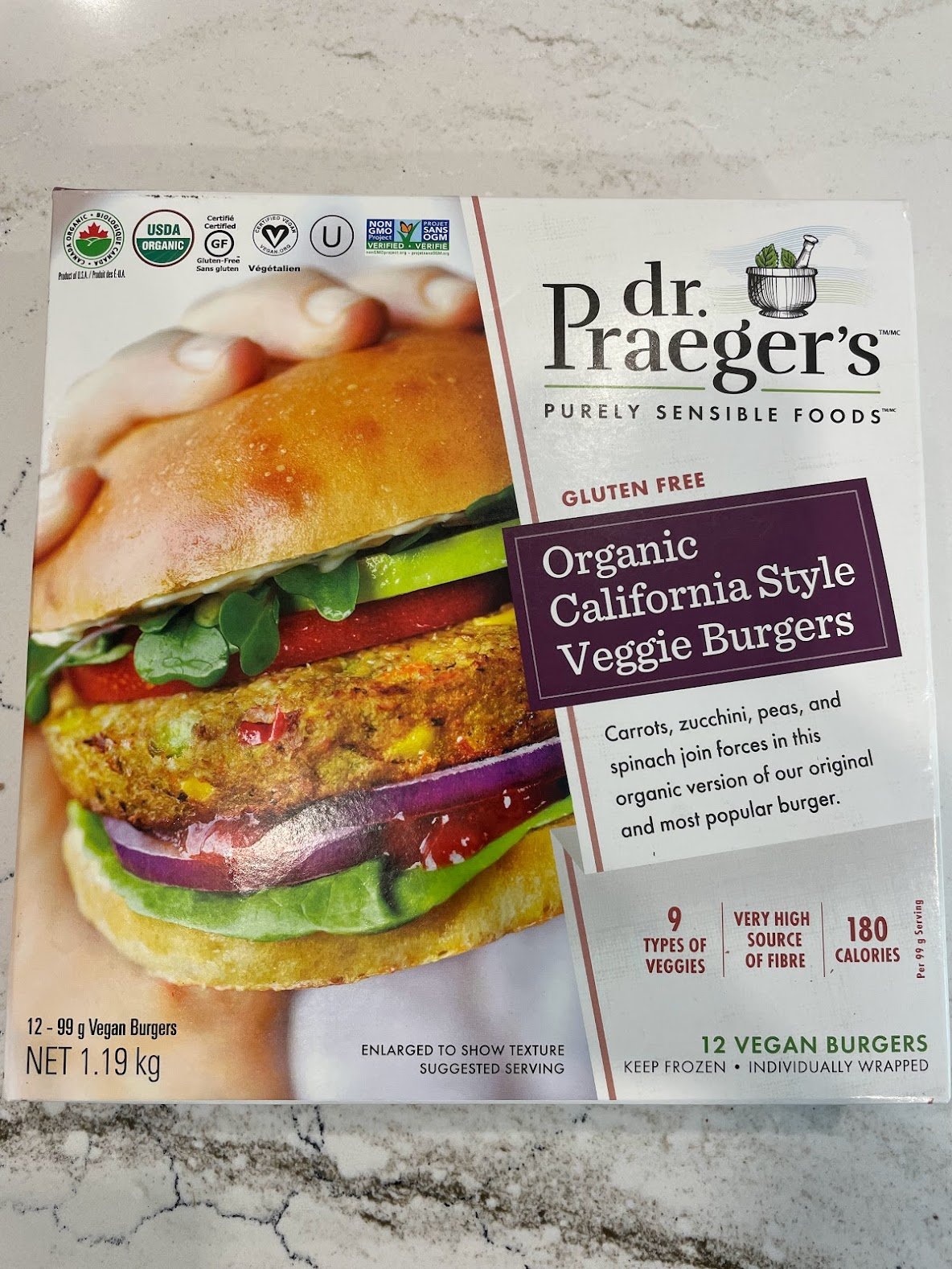Are plant-based burgers healthier than meat?
Sunnier days are on their way and that usually means backyard BBQs and burgers! You may be thinking of making some healthier changes to your diet, like swapping out that beef burger with a plant-based meat alternative. But are plant-based burgers actually healthier than meat? Aren’t they ultra-processed and full of unpronounceable ingredients?
According to a 2021 study done by the Journal of the Academy of Nutrition and Dietetics, plant-based ‘meat’ has some nutritional advantages as well as shortcomings.
Advantages:
plant-based burgers have fewer calories
plant-based burgers are lower in saturated fat
plant-based burgers have fibre, meat burgers have zero fibre
plant-based burgers contain vitamins and minerals (e.g., folate, niacin, iron, phosphorous, manganese, and copper)
Disadvantages:
plant-based burgers may contain less protein, zinc and vitamin B12
plant-based burgers may be higher in sodium than beef burgers
Protein, Vitamins and Minerals
In the 2021 study, they found that plant-based meats contained less protein and vitamins than the beef burgers. This can be concerning for many people and if you’ve ever told someone that you are vegan you most likely have gotten the question ‘Where do you get your protein from?!’. Some companies like Beyond Meat have addressed these concerns by using pea protein as well as enriching the burgers with zinc and vitamin B12. Each Beyond Burger contains 20g of protein, 6.5mg of zinc and 3.15ug of B12.
Processed vs. Unprocessed
Moving towards a diet that consists of whole unprocessed foods is the best choice for your health. When comparing a plant-based ‘meat’ burger to a beef burger, the plant-based option might actually be more processed. The reality is, just because it’s labelled ‘plant-based’ doesn’t mean it’s the healthier option.
However, we need to remember that beef contains high levels of saturated fat which leads to heart disease and some cancers. Also, beef contributes to climate change and environmental destruction.
One concern with processed food, is that it usually contains excess amounts of sodium. Your body needs some sodium to work properly, however, too much sodium can lead to high blood pressure which in turn can cause heart disease and stroke. Check the sodium levels on your store bought burgers, whether beef or plant-based. You might be surprised! 5% DV (daily value) or less of sodium per serving is considered low, and 20% DV or more of sodium per serving is considered high.
What are some examples of plant-based meat alternatives?
Sol Cuisine
Extreme Griller Burger
These vegan burgers are really good, especially when loaded up with lots of veggie toppings. They have 140 calories per patty and the saturated fat is low (0.5g).
Unfortunately, the sodium is a bit high at 390 mg and the burgers don’t contain any fibre. I would recommend eating a whole grain bun with this burger so you are getting some fibre in your meal.
Morning Star Farms
Spicy Black Bean Burgers
To start, these burgers are not vegan. They are vegetarian and are made with plant-based ingredients but also contain dried egg-white, and modified milk ingredients.
They have 130 calories per patty. Like the Sol Cuisine burger, they only have 0.5 g of saturated fat, however the sodium is lower at 220 mg. These burgers contain 6g of fibre compared to 0g in the Sol Cuisine burger. They have also been enriched with 12 different vitamins and minerals.
dr. Praeger’s Veggie Burgers
Out of the 3 burgers that I’ve tried so far, they have the most calories (180 per patty) but they also have the most fibre (7g). Many people worry about getting enough protein in their diet but what you really need to be concerned about is fibre. This burger will give you 25% of your required daily fibre. If you add a whole wheat bun then you will be doing even better!
One thing I don’t like about these burgers is that they fall apart really easily in the pan, so they can be hard to flip.
The Bottom Line
It’s important to read the labels before you throw that box of burgers into your cart. The burgers I’ve tried so far have different amounts of sodium in them, ranging from 220 mg to 390 mg. If you need to watch your intake, choose the burgers with the lowest amount.
Also, if there’s a long list of ingredients that you don’t recognize, they are likely ultra-processed, and you might want to shop around or find a good bean burger recipe online and make them at home!
Let me know, in the comments below, what your favourite burger is!




